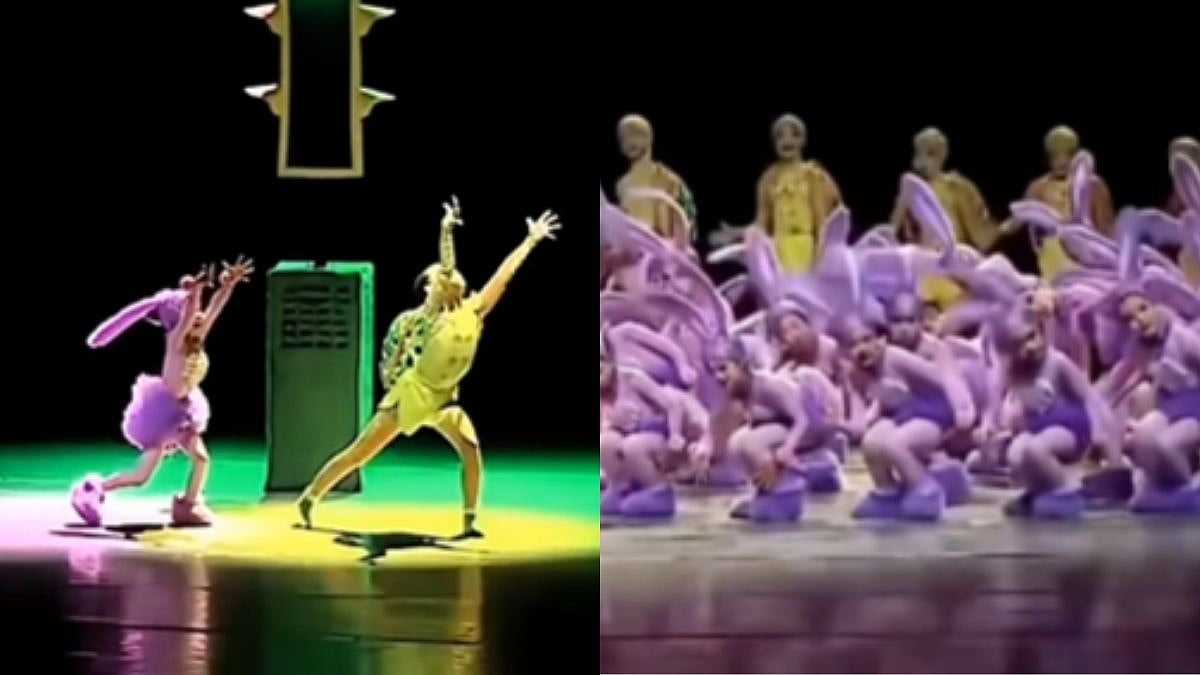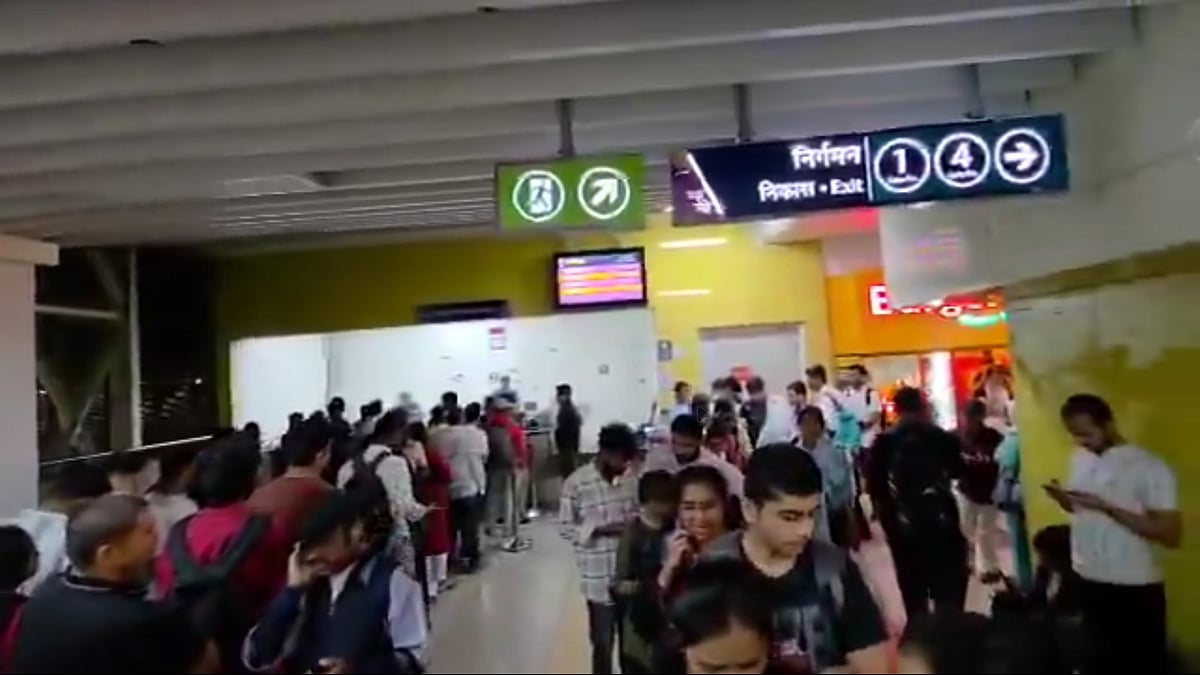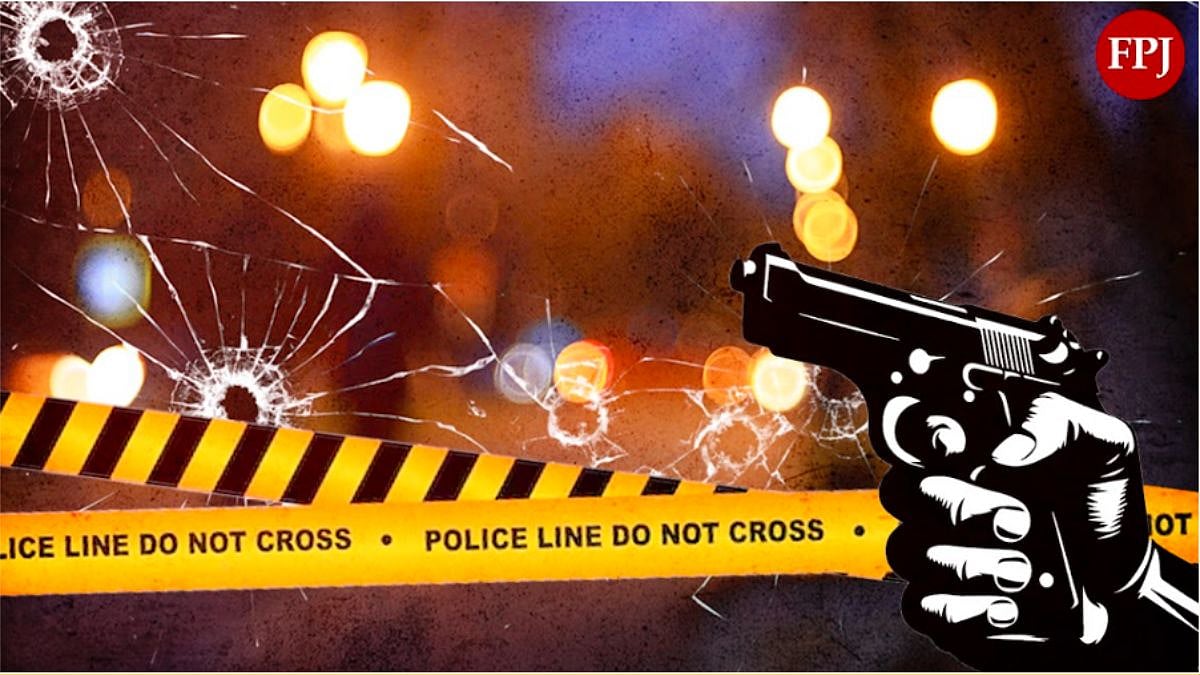New Delhi: The Delhi High Court on Friday, June 21 stayed the trial court judgment granting bail to Chief Minister Arvind Kejriwal even as it reserved its order on Enforcement Directorate's (ED) plea challenging the bail order in the money laundering case linked to the alleged excise policy scam.
The BJP, however, took strong objection to the comments made by the Rouse Avenue Trial Court judge on Thursday, while granting bail to Kejriwal. "However, it is not possible to go through these thousand of pages of the documents at this juncture," the judge is reported to have said in the bail order. Highlighting that portion of the bail order, the BJP's IT cell in-charge Amit Malviya expressed displeasure and questioned the hurry at which the jailed Delhi CM was granted bail.
He took to X and posted, "If the learned judge at the Rouse Avenue Trial Court not have the time to go through thousands of pages of documents, then what was the hurry to grant bail to Arvind Kejriwal?"
Verdict On The Stay Order On Monday Or Tuesday
“After hearing both sides of the argument, the High Court reserved its order and has asked the parties to give written submissions, if any, within the next two days. The court will give its verdict on the stay order by Monday or Tuesday,” said advocate and AAP Legal Cell head Sanjeev Nasiar.
The Enforcement Directorate (ED) has challenged the order of Rouse Avenue court on granting bail to Delhi Chief Minister Arvind Kejriwal in a money laundering case related to the Delhi Excise policy.
ED has challenged the order dated June 20, 2024, passed by Special Judge (Vacation Judge), Rouse Avenue District Courts that granted bail to Kejriwal.
The trial court said in the bail order that ED has failed to give any direct evidence against the applicant (Kejriwal) in respect of the proceeds of crime.
ED in its petition has said that the June 20 order granting regular bail to Kejriwal was passed without granting adequate opportunity of hearing to the ED and without considering that in light of the facts of the present case where all courts up to Supreme Court have given judicial imprimatur to the fact that the offence of money laundering has been committed and hence regular bail in light of the mandatory twin conditions under Section 45 of the PMLA could not have been granted.









